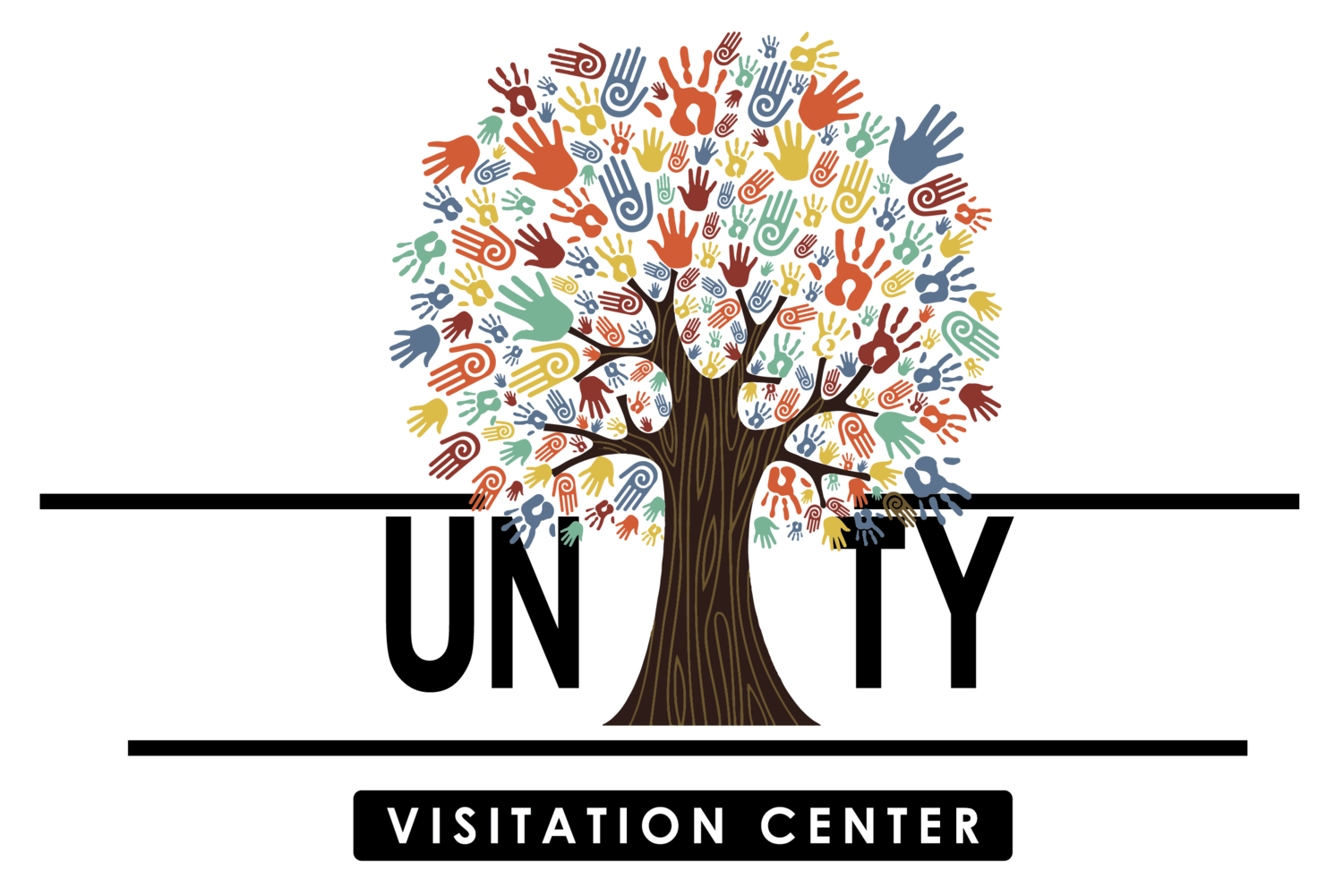Understanding the Crucial Role of Supervised Visitation in Domestic Violence Cases
Supervised visitation involves a structured environment where noncustodial parents visit their children under the watch of a neutral third party, usually a professional monitor.
Imagine being a child caught in the crossfire of a family situation marked by domestic violence. As much as we would wish for it, children are not immune to the consequences of the actions and choices made by adults. Such experiences can cast long shadows over their lives. Thankfully, mechanisms like supervised visitation are in place to buffer these impacts and promote their well-being.
In this context, supervised visitation plays a significant role. It serves as a protective shield, a beacon of safety for children who have witnessed or been victims of domestic violence. But what exactly does it entail? And how does it support the well-being of a child? Let's delve deeper into this.
What is Supervised Visitation?
Supervised visitation involves a structured environment where noncustodial parents visit their children under the watchful eyes of a neutral third party, usually a professional monitor. The overarching goal is to ensure the child's physical and emotional safety while maintaining an essential parent-child relationship.
The Protective Shield: Safety Measures in Supervised Visitation
When it comes to cases involving domestic violence, safety is paramount. Supervised visitation centers implement rigorous safety measures to ensure the child's well-being. These measures include:
A secure environment where visits take place under strict supervision.
The presence of trained staff who are prepared to intervene if necessary.
Rules regarding the content of conversation and interaction during the visit.
Neutral drop-off and pick-up points to avoid confrontations between parents.
The Beacon of Hope: How Supervised Visitation Supports Well-being
Supervised visitation is not merely a mandated obligation; it plays a significant role in the child's overall well-being:
Consistent Parent-Child Relationship: Despite the unfortunate circumstances, maintaining a relationship with both parents can be vital for a child's emotional health. Supervised visitation ensures this bond can continue in a safe setting.
A Sense of Normalcy: Supervised visits can provide a sense of continuity and normalcy in a child's life amidst the chaos.
Healing and Recovery: In a secure, neutral space, children can gradually recover from traumatic experiences. It gives them an opportunity to interact with the noncustodial parent without fear.
While the road to healing from domestic violence is complex and challenging, supervised visitation serves as a crucial component in this journey, safeguarding children's well-being, and facilitating continued parent-child relationships.
If you or someone you know could benefit from our professional supervised visitation services, do not hesitate to reach out. We are here to ensure the safety and happiness of your child, no matter the circumstances.
To learn more about supervised visitation and our role in supporting families through difficult transitions, contact us or visit our website. Remember, you are not alone in this journey. Let's walk this path together for the well-being and happiness of your child.
Resources:
National Council of Juvenile and Family Court Judges. (2016). Supervised Visitation and Safe Exchange. Retrieved from (Website)
Office of Justice Programs. (2020). Supervised Visitation. Retrieved from (Website)
